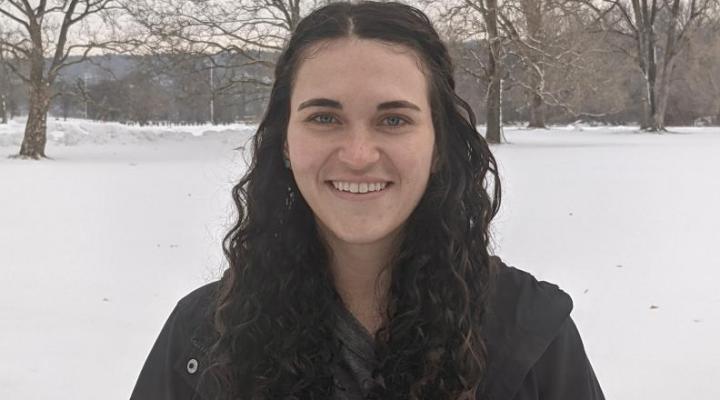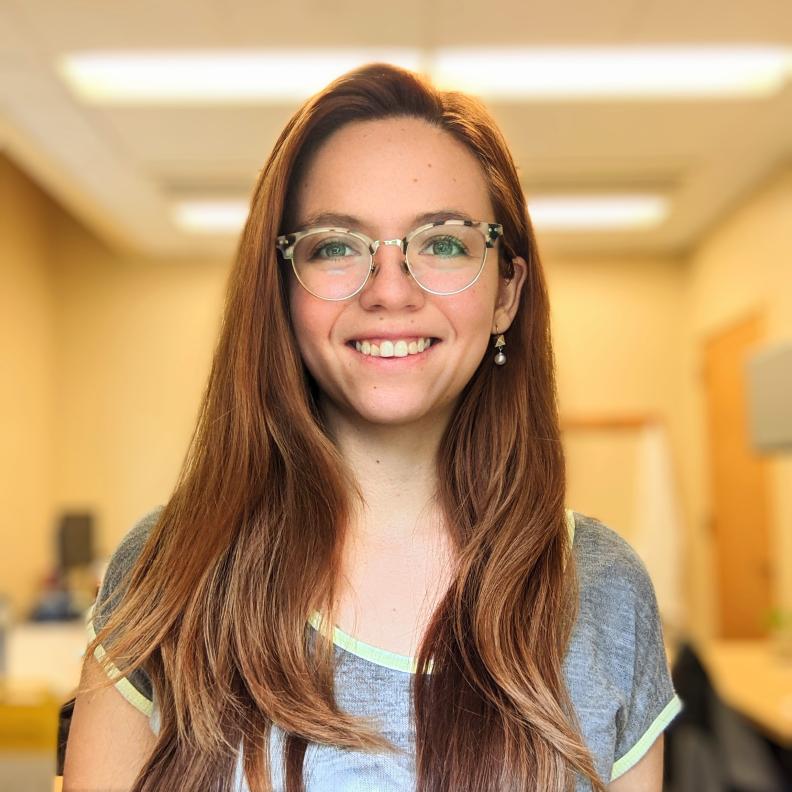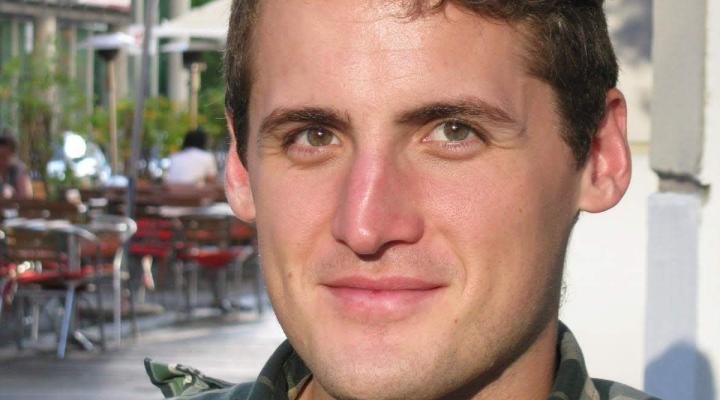In the Fall of 2021, Robert Frederick Smith School of Chemical and Biomolecular Engineering doctoral candidate Natalia Lopez-Barbosa instructed a course teaching undergraduate students how to be inclusive and effective leaders. The purpose of the course was to give students practical and actionable skills they could use in the workplace and in their everyday lives.
Inspired by the teachings of Brené Brown in her book, Dare to Lead, Natalia created a course covering engineering ethics, giving and receiving feedback, identifying and living personal values, building trust, having difficult conversations, and learning to rise following failure.
Born out of her experiences during the COVID pandemic, Natalia felt compelled to bring social science into engineering. “I want to live in a world with braver and bolder leaders, and it is our undergraduates who will become the next generation of world leaders,” Natalia says. “We can all benefit from knowing how to navigate difficult conversations or how to build trust with each other.” These skills are difficult to learn because practicing them requires vulnerability. Natalia says, “I wanted to teach this class to create a space where we could lower that risk and rise from the mistakes that come through practice.”
The very first class started with the students discussing what they needed from each other and their instructor, Natalia, to feel comfortable and be successful in the class. Some of the community guidelines they came up with included having a judgement-free zone, outlining clear expectations, celebrating small victories, and assuming others are doing the best they can with the resources they have. From the first class on, it was established that the classroom was a safe space to discuss tough topics and try new things.
Natalia said that “once they knew that they could and were expected to make mistakes and that it was not about knowing the answers but about asking the questions, the class became theirs and not mine. The class worked because we all understood our value within the class and why what we were bringing to each session and how we were engaging with each other was important.”
Students gathered in Olin Hall every Thursday afternoon to learn and practice these new skills, discuss with each other in small groups, and hear from leaders in industry.
Monona Khare, a junior chemical engineering student who took the course, said her favorite topic was giving and receiving feedback. Monona says, “this was arguably the most difficult topic, but I believe that’s what makes it so important.” Whereas people often have strong immediate reactions to feedback that result from misunderstandings or triggers, she says, “this course taught me valuable lessons on controlling such immediate reactions and the importance of being understanding, empathetic, and open-minded rather than adamant when it comes to giving and receiving feedback.”
The course will be taught again in the Fall and is open to all students. In the words of one of the industry guest speakers, “practice makes permanent,” and this course provides a safe space for students to develop and practice their leadership skills.
“I used to look at effective leaders and think that to some degree, they were all naturally skilled at being leaders,” Monona says. “However, this course helped me see that with enough practice, patience, and willingness to learn, it is possible for anyone to become an effective leader.”






